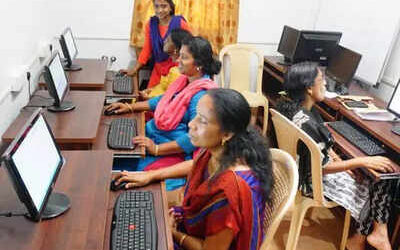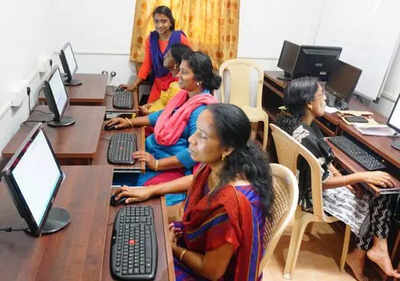Vivek Ramaswamy says all American high schoolers should pass the same civics test as immigrants, proposes holistic reforms

Vivek Ramaswamy has been vocal about what he sees as deep shortcomings in the U.S. education system. He argues that schools today often focus narrowly on academic performance and standardized testing, leaving students ill-prepared for real-world challenges. In his recent speech at Montana State University, Ramaswamy talked about how many young Americans graduate lacking confidence, physical fitness, civic understanding, and the mental resilience needed to navigate adulthood. To address these gaps, he envisions an education system that combines academic learning with physical wellbeing, mental health support, nutrition, and civic education. Central to his vision is the idea that every American high schooler should pass the same civics test that immigrants take to become voting citizens, ensuring all students understand the responsibilities, rights, and workings of democracy.
Rebuilding self-confidence through education
Ramaswamy stresses that confidence is as important as knowledge. Many students today feel unprepared and insecure, even after years of schooling. He proposes an education system that actively nurtures self-confidence, teaching students to trust their abilities, think critically, and engage constructively with society. This involves more than classroom teaching; it requires mentoring, project-based learning, and opportunities to participate in civic, artistic, and athletic endeavors that allow students to experience success and responsibility firsthand.
Physical and mental wellbeing go hand in hand
Highlighting the connection between mind and body, Ramaswamy argues that physical and mental health are two sides of the same coin. Schools should integrate physical education from kindergarten, ensuring students develop healthy habits early. Programs like the Presidential Fitness Test, which he advocates bringing back, would help establish national standards for student fitness, encouraging regular exercise and long-term health. Mental health support is equally crucial. Ramaswamy emphasizes early detection of mental health challenges so that students can receive support before problems escalate, including access to counseling, mindfulness programs, and stress management resources.
Healthier school meals
Ramaswamy also points to nutrition as a key factor in overall student development. He suggests that school cafeterias offer healthier, balanced meals instead of heavily processed foods, helping students maintain energy, focus, and long-term wellbeing. Better nutrition, combined with regular physical activity, can support academic performance and reduce risks of obesity and other health problems.
Civic knowledge for all students
A cornerstone of Ramaswamy’s vision is strengthening civic education. He proposes that all high school students be required to pass the same civics test immigrants take to become voting citizens. This would ensure students have a solid understanding of government structures, the Constitution, voting rights, and civic responsibilities. By embedding civic literacy into graduation requirements, schools can prepare students to participate actively in democracy, making informed decisions as future voters and community members.
A holistic approach to education
Ramaswamy’s proposals reflect a holistic approach to education—one that balances academics, physical fitness, mental wellbeing, nutrition, and civic knowledge. By addressing each of these areas, the aim is to create well-rounded, confident, and socially responsible young adults who are not only academically competent but also physically healthy, mentally resilient, and civically engaged.While some of his proposals may invite debate, they highlight an important national conversation: the U.S. education system must evolve to equip students with the knowledge, skills, and personal resilience required for success in the 21st century, ensuring they can thrive both in their personal lives and as active citizens.





